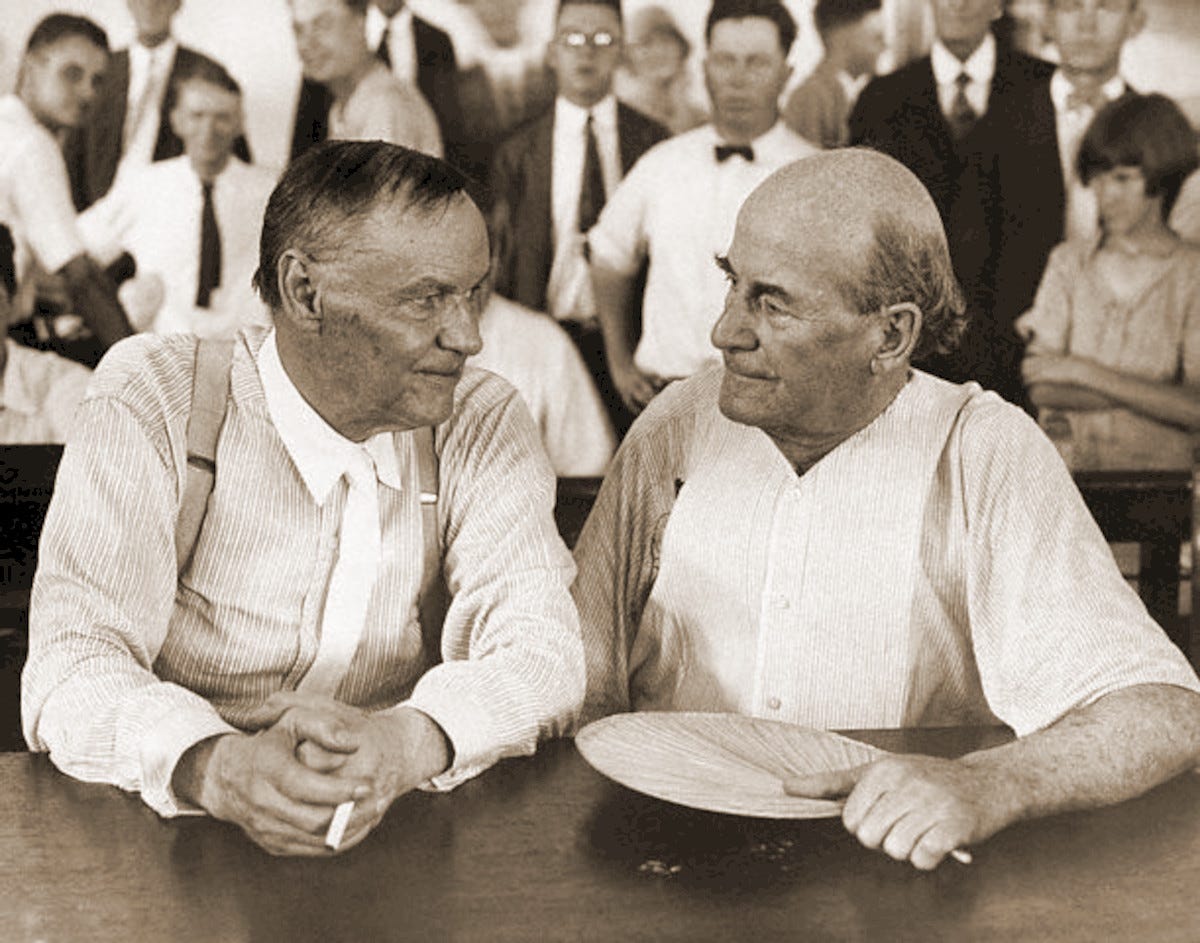Century after Scopes trial, vast majority of American Christians accept evolution
Among major religious groups, evangelicals most likely to reject scientific view

After a trial that began 100 years ago today, a Kentucky school teacher, John Scopes, was found guilty of teaching biological evolution and fined $100, a significant sum for a teacher in those days. Although the trial wa…


